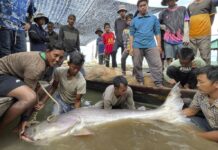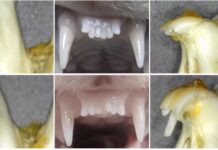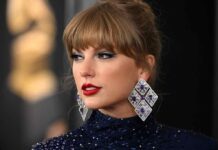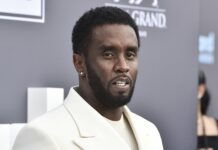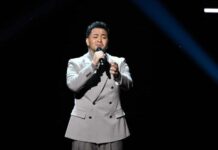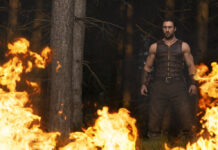LONDON (AP) – Prince Harry defended his decision to publish a memoir that lays bare rifts inside Britain’s royal family, saying it’s an attempt to “own my story” after 38 years of “spin and distortion” by others.
Harry spoke to Britain’s ITV and CBS’s 60 Minutes to promote his book, Spare, which has generated incendiary headlines with its details of private emotional turmoil and bitter family resentments.
In interviews broadcast on Sunday, Harry accused members of the royal family of getting “into bed with the devil” to gain favourable tabloid coverage, claimed his stepmother Camilla, the queen consort, had leaked private conversations to the media and said his family was “complicit” in his wife Meghan’s “pain and suffering”.
Harry said Camilla had to rehabilitate her image with the British people after her longtime affair with his father and that he was one of the victims of her efforts for better coverage in the tabloids. “That made her dangerous because of the connections that she was forging within the British press,” he told CBS. “There was an open willingness on both sides to trade information. And with a family built on hierarchy, and with her, on the way to being queen consort, there was gonna be people or bodies left in the street.”
He repeated his claim on ITV that there was “concern” in the royal family about his unborn child’s skin colour after he married biracial American actress Meghan Markle, and said the British monarchy should address its attitudes to race.

Harry and Meghan first mentioned the incident during an interview with Oprah Winfrey in 2021. They have not identified the family member who expressed concern.
Harry said the episode was an example of unconscious bias rather than racism, adding that the royal family needed to “learn and grow” to be “part of the solution rather than part of the problem”.
“Otherwise unconscious bias then moves into the category of racism,” Harry said. He said that “especially when you are the monarchy – you have a responsibility, and quite rightly people hold you to a higher standard than others”.
He said a recent incident in which a former lady-in-waiting to Queen Elizabeth II asked a Black British woman where she was “really” from was “a very good example of the environment within the institution”.
Spare explores Harry’s grief at the death of his mother in 1997, and his long-simmering resentment at the role of royal “spare”, overshadowed by the “heir” – older brother Prince William. He recounts arguments and a physical altercation with William, reveals how he lost his virginity (in a field) and describes using substances.
He also said he killed 25 Taleban fighters while serving as an Apache helicopter pilot in Afghanistan – a claim criticised by both the Taleban and British military veterans.
Harry told ITV that he cried only once after his mother’s death – at her burial. He said he feels guilty about not showing emotion when he and William greeted crowds of mourners outside Kensington Palace, Diana’s London home.
In the book Harry blames his family’s stiff-upper-lip ethos, saying he had “learnt too well… the family maxim that crying is not an option”.
The Associated Press purchased a Spanish-language copy of the book in advance of its publication around the world today.
“There were 50,000 bouquets to our mother and there we were shaking people’s hands, smiling,” Harry told ITV journalist Tom Bradby.
“I’ve seen the videos, right, I looked back over it all. And the wet hands that we were shaking, we couldn’t understand why their hands were wet, but it was all the tears that they were wiping away.
“Everyone thought and felt like they knew our mum, and the two closest people to her, the two most loved people by her, were unable to show any emotion at that moment.”
Harry told 60 Minutes that it took him over a decade to accept that his mother was dead.
He and his brother often discussed the notion that she had gone into hiding and would reappear later.
“I had huge amounts of hope,” he said.







